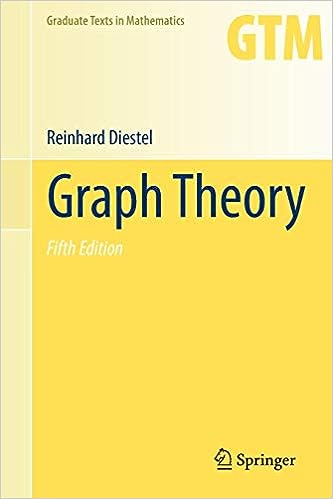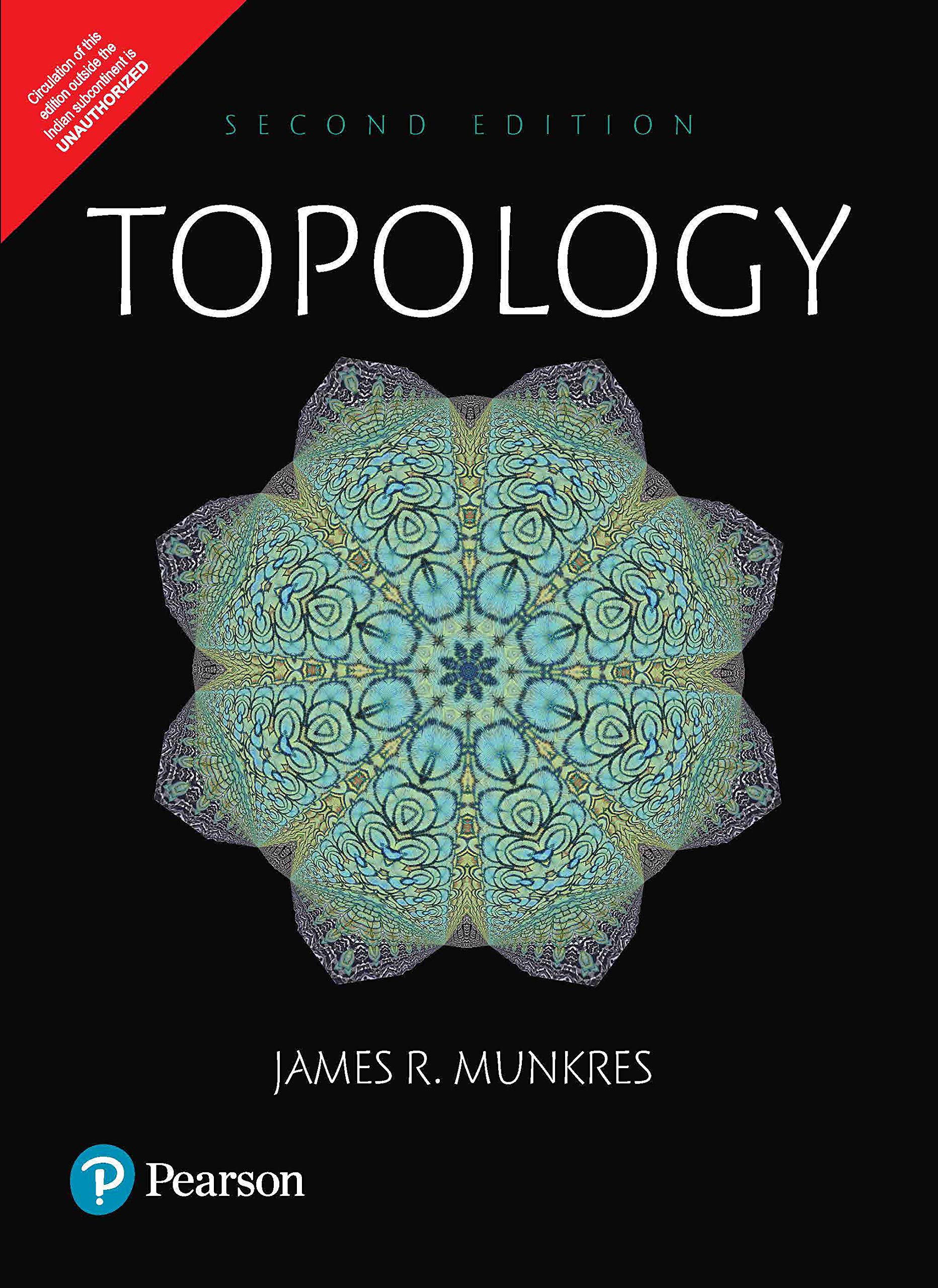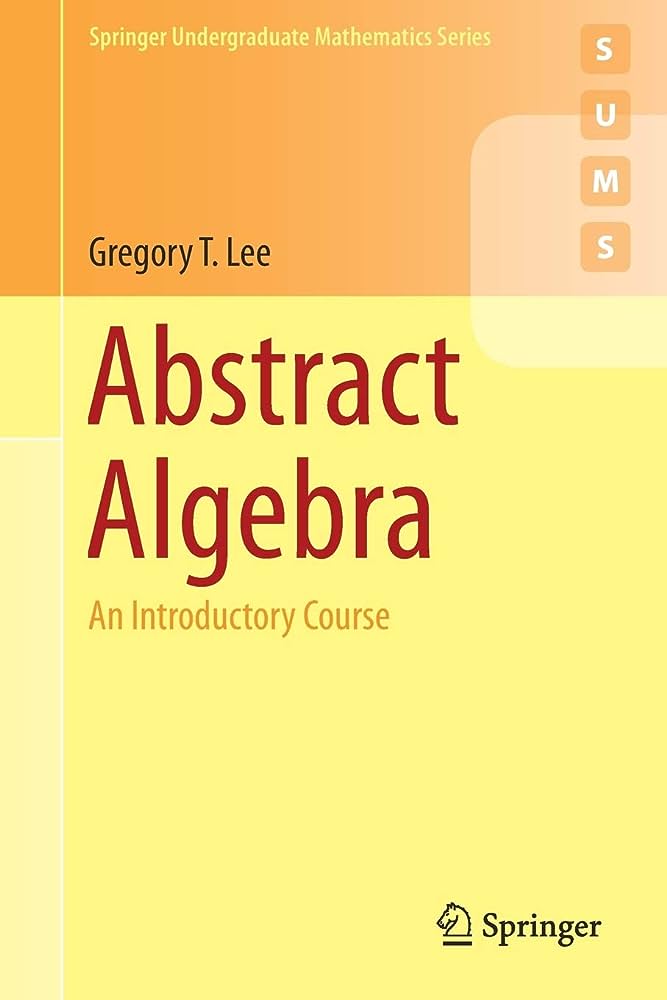Mathematics education, particularly at the university level, often highlights the gap between high school and university-level mathematics. After spending a decade as an educator, I am intrigued by the notion of experiencing these gaps firsthand. My upbringing in Shanghai, China—a region renowned for its competitive exam-oriented education—shapes my perspective. I hold a confident belief that the Chinese K-12 mathematics curriculum fosters robust high-cognitive mathematical skills, thoroughly preparing students for higher education. However, my encounter with the sophisticated creative methods of proof has left me somewhat perplexed. I recognize that innate abilities play a role in this shortfall, contributing to the challenges I face in coming up with those creative proof techniques. This experience has also led me to acknowledge that although there might be gaps in the curriculum, it is the capacity for logical reasoning that may truly fall short. Therefore, I would emphasize on developing students’ mathematics creativity and logical reasoning in my teaching.
Discrete Mathematics
It is a smart decision to start with discrete mathematics. To me, it is the bridge between high school mathematics and advanced mathematics. For example, function is one of the main topic in high school, but function in discrete mathematics is defined on general sets. The methods of proof, including direct proof, counterexample, contradiction and contraposition, and mathematical induction, serve as excellent foundation for the course Number Theory and other college-level proof courses. The logic of compound statements and quantified statements allow me to understand the basic logic. Counting and probability is also an extension of high school curriculum, with more complex concepts.
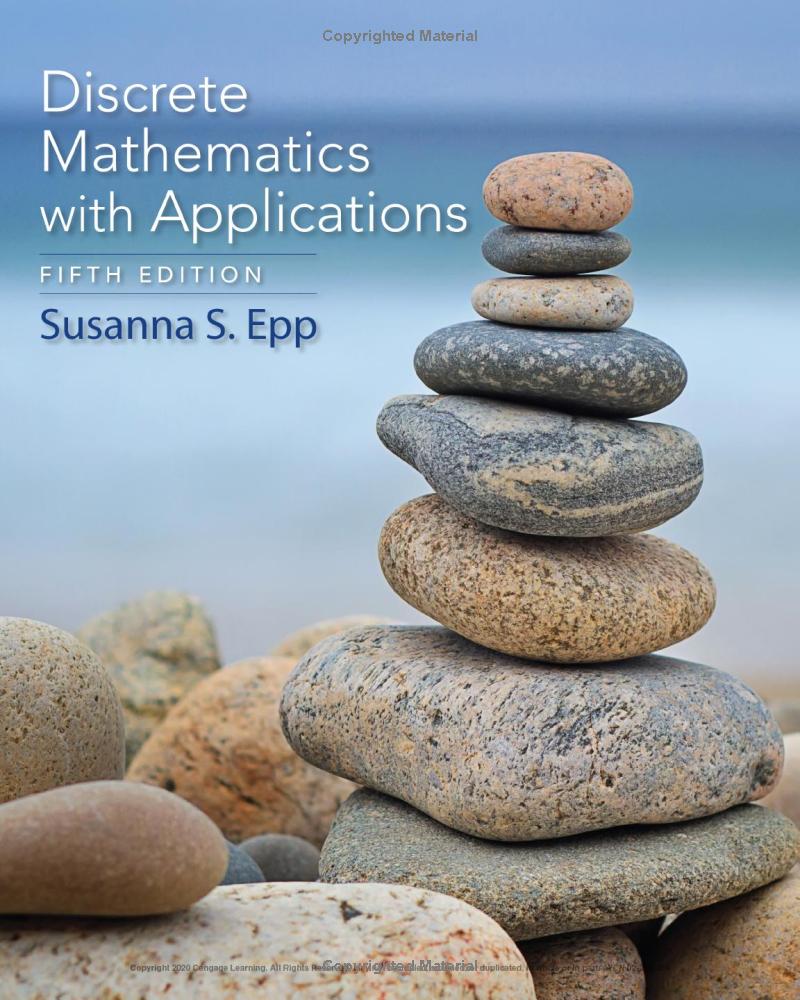
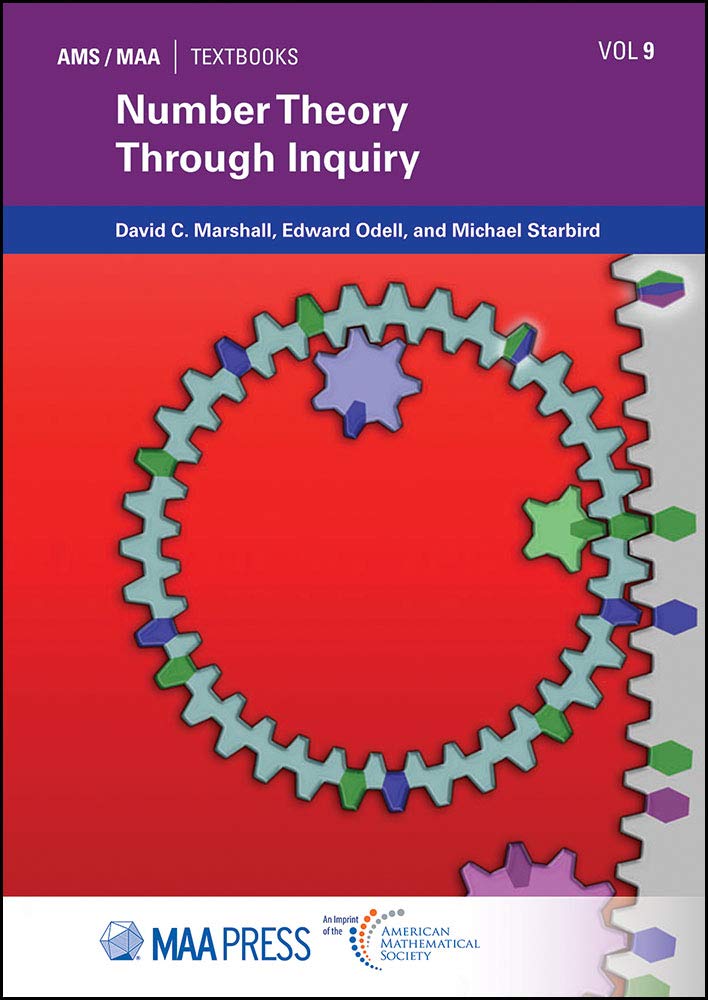
Number Theory
Riemann Hypothesis? It’s way beyond my present knowledge, yeah, I still don’t understand what it truly means. Number theory is so challenging that I spend two and half months intensive exploring the methods to prove the endless theorems on the textbook. While challenging, this elementary number theory course has been instrumental in introducing me to the world of college-level proof techniques. For example, the application of a complete residual system to prove Fermat’s Little Theorem reveals a profound level of mathematical insight. Similarly, the development of RSA cryptography, relying on the modulo system, showcases the intelligence behind mathematical constructs. Engaging with these concepts has not only expanded and refreshed my comprehension of number theory but has also equipped me to broaden my students’ horizons through my teaching efforts.
Multivariable Calculus
Back to 2005, the integration of technology in education, particularly in China, was relatively limited. My approach to mastering calculus predominantly relied on rote memorization of algebraic manipulations. Armed with a strong foundation in algebra, I managed to achieve high scores on university tests. However, revisiting calculus in 2023 has been an eye-opening journey. I’ve come to appreciate the pivotal role that technology plays in enhancing students’ understanding of complex concepts, the evolution of ideas, and the practical applications in real-world scenarios. This realization struck me profoundly, leading me to recognize that my struggles with college-level physics might have been more rooted in my limited grasp of the underlying mechanisms of calculus, rather than the physics concepts themselves. This renewed perspective has reinforced my belief in the importance of evolving teaching methods and leveraging technology to provide students with a deeper, more meaningful learning experience that extends beyond mere memorization.
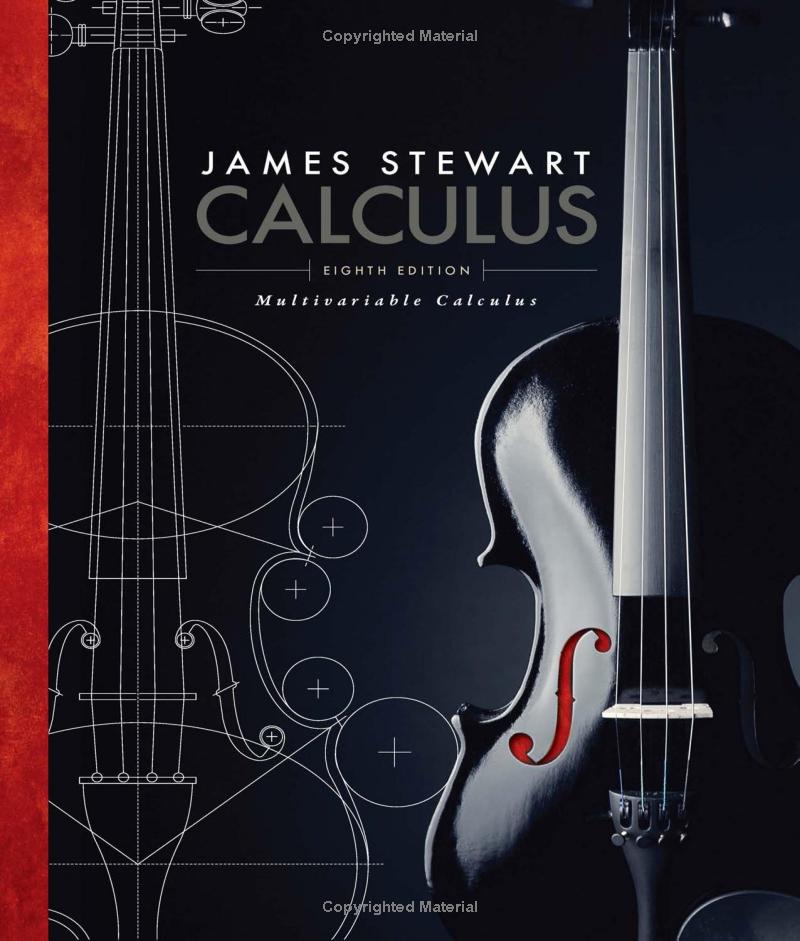
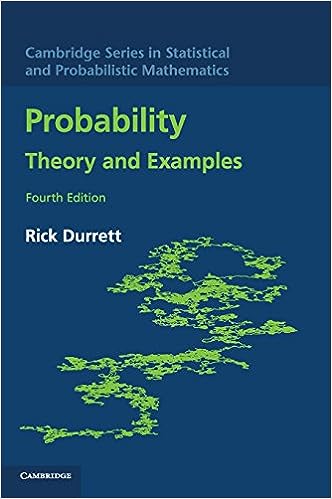
Probability
I am working on this course (Sep. 2023).
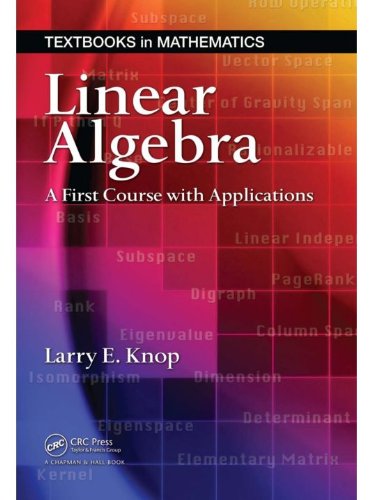
Linear Algebra
Need some time to revisit this course.
Real Analysis
When asked about the most challenging course for an undergraduate majoring in mathematics, many would likely point to real analysis. I initially registered for this course, but due to the absence of prerequisite courses like calculus, differential equations, and linear algebra, I had to withdraw. Although I did study these foundational courses a decade ago, I’ve since forgotten most of them. As suggested by the course instructor, I recognize the need to revisit linear algebra and differential equations to adequately prepare myself for real analysis. I’m both curious and apprehensive to gauge the level of difficulty and am looking forward to the learning journey ahead.
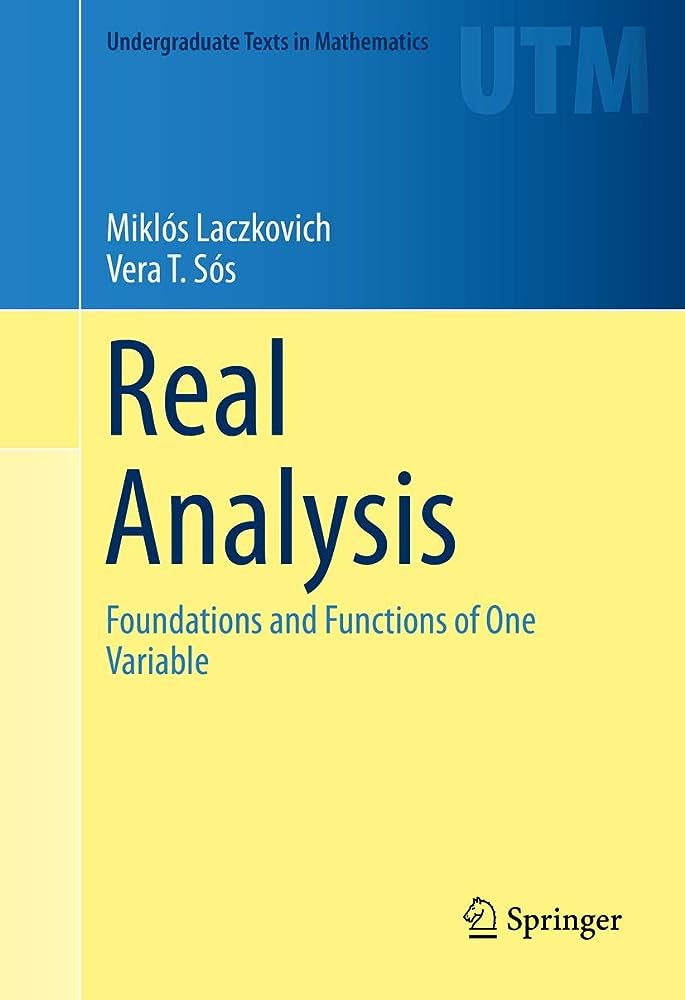
I am interested in various fields in mathematics.
